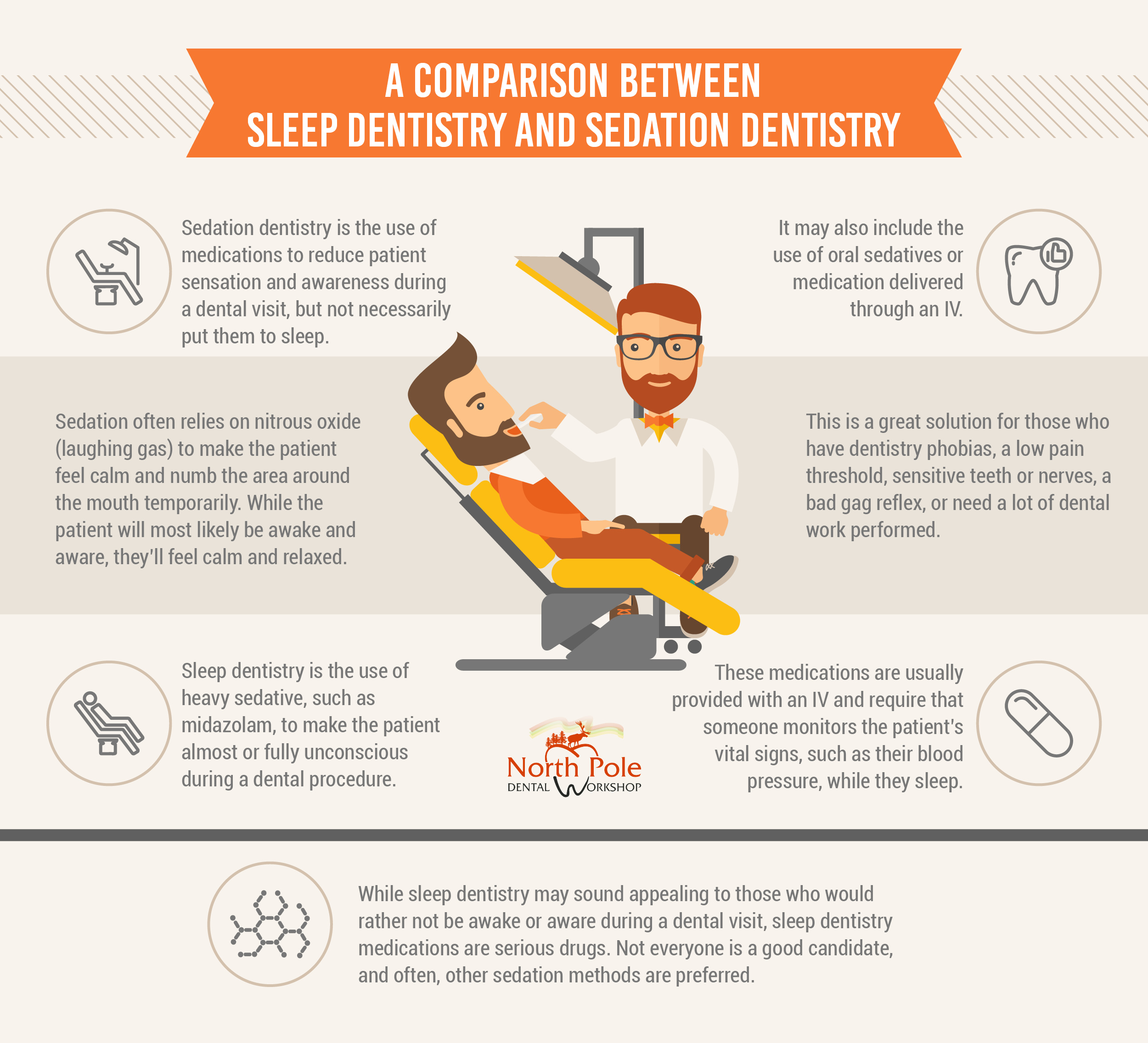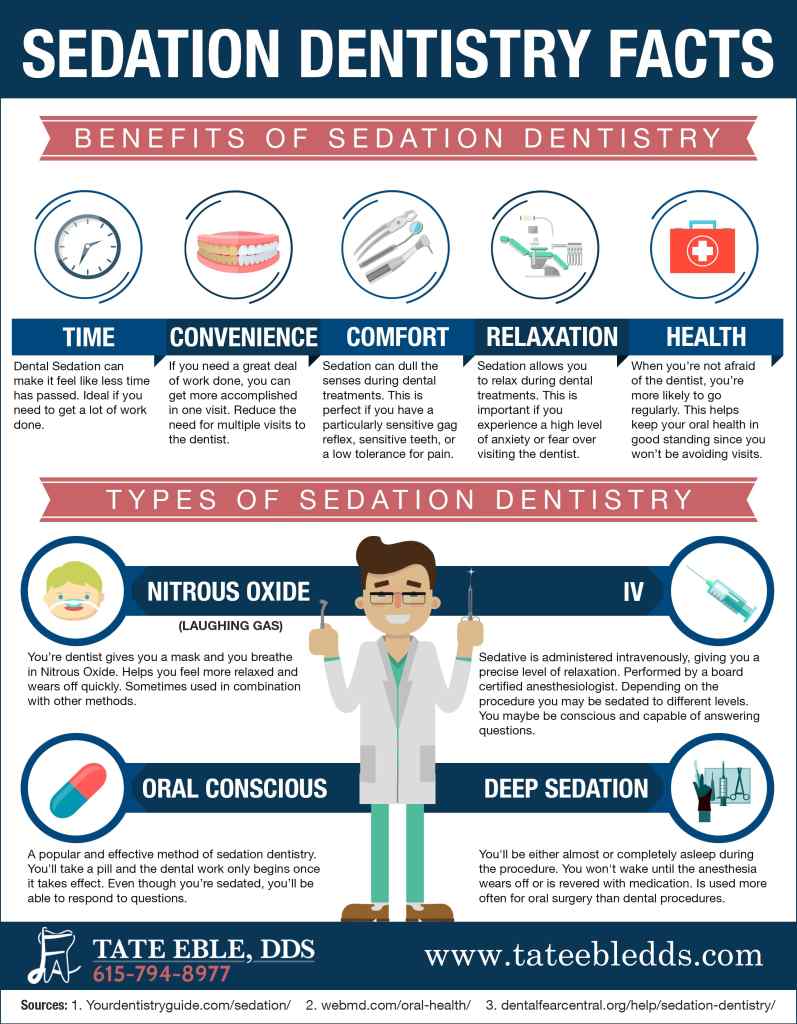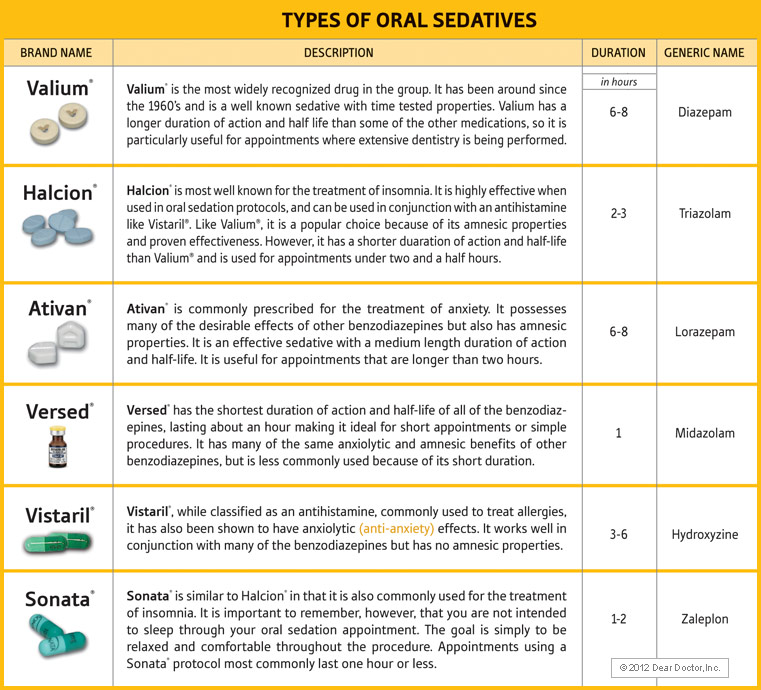Sedation Dentistry: Anxiety-Free Dental Care in Palm Springs, CA

A significant number of Americans avoid regular dental checkups due to fear or anxiety about visiting the dentist. Sedation dentistry offers a safe and anxiety-free experience for those who dread dental procedures.
Contrary to common belief, sedation dentistry doesn't induce sleep. Most sedatives keep patients awake during the procedure. Sleepiness might be a side effect of some medications, but nitrous oxide, oral conscious sedation, and IV sedation mainly focus on calming anxiety throughout the dental visit.
The appeal of sedation dentistry lies in the fact that most sedatives can be taken orally, eliminating injections, anxiety, and pain. Some sedatives are so effective that patients may not even remember the smells and details of the procedure. This method ensures safety and compliance for both patients and dentists.
It's important to have a caregiver accompany you if you're taking sedatives. In some cases, sedatives are given the night before the appointment, making it unsafe to drive to or from the dental visit.
Advantages of Sedation Dentistry:
- Anxiety relief
- Minimal side effects
- More can be accomplished in one visit
- No needles
- No pain
- Safe and secure
- Procedures seem quicker

Available Types of Sedatives:
The common dental sedatives are nitrous oxide, oral conscious sedation, and IV sedation. The level of sedation (mild, moderate, or deep) depends on individual needs. Before administering any sedative, the dentist reviews the patient's medical history, including current medications.
Types of Dental Sedatives:
- Nitrous Oxide: Known as "laughing gas," it's a mild sedative delivered through a nose hood during the procedure. Nitrous oxide improves mood, generates a sense of well-being, relieves anxiety, and reduces pain. Some tingling and numbness may occur, with few side effects.
- IV Sedation: A moderate sedation for shorter treatments. Administered through direct injection into the bloodstream, it provides immediate effects. Patients might feel groggy afterward, so a designated driver is necessary.
- Oral Conscious Sedation: Ideal for those who fear needles, oral medication is taken before the procedure, inducing a moderate sedated state. It dulls the senses, making patients forget the pain, smells, or noises during the procedure.
Drugs Used in Oral Conscious Sedation:

The commonly used drugs for sedation are benzodiazepines, which reduce anxiety, muscle spasms, insomnia, and seizures. Each medication has varying half-lives, determining their effectiveness based on procedure length.
Common Drugs Used:
- Valium®: For time-consuming, complex procedures due to its amnesic properties and long half-life.
- Halcion®: Effective for insomnia, with amnesic properties and a short half-life, suitable for shorter procedures.
- Ativan®: Reduces anxiety with amnesic properties and a medium half-life, typically used for treatments under two hours.
- Versed®: Alleviates anxiety similarly to nitrous oxide, with the shortest half-life, used for visits under 30 minutes.
For any questions or concerns about sedation dentistry, please reach out to our office.
